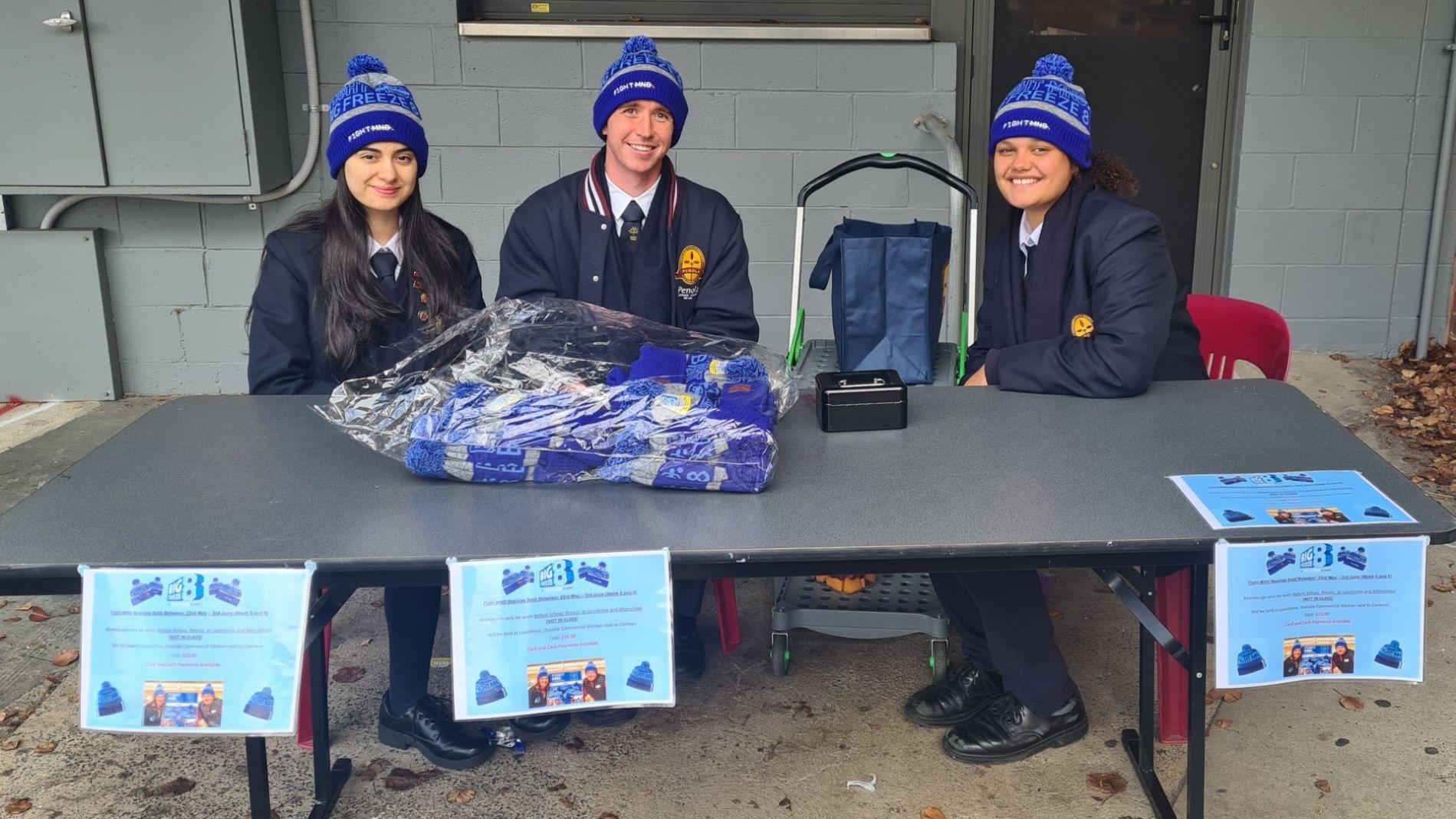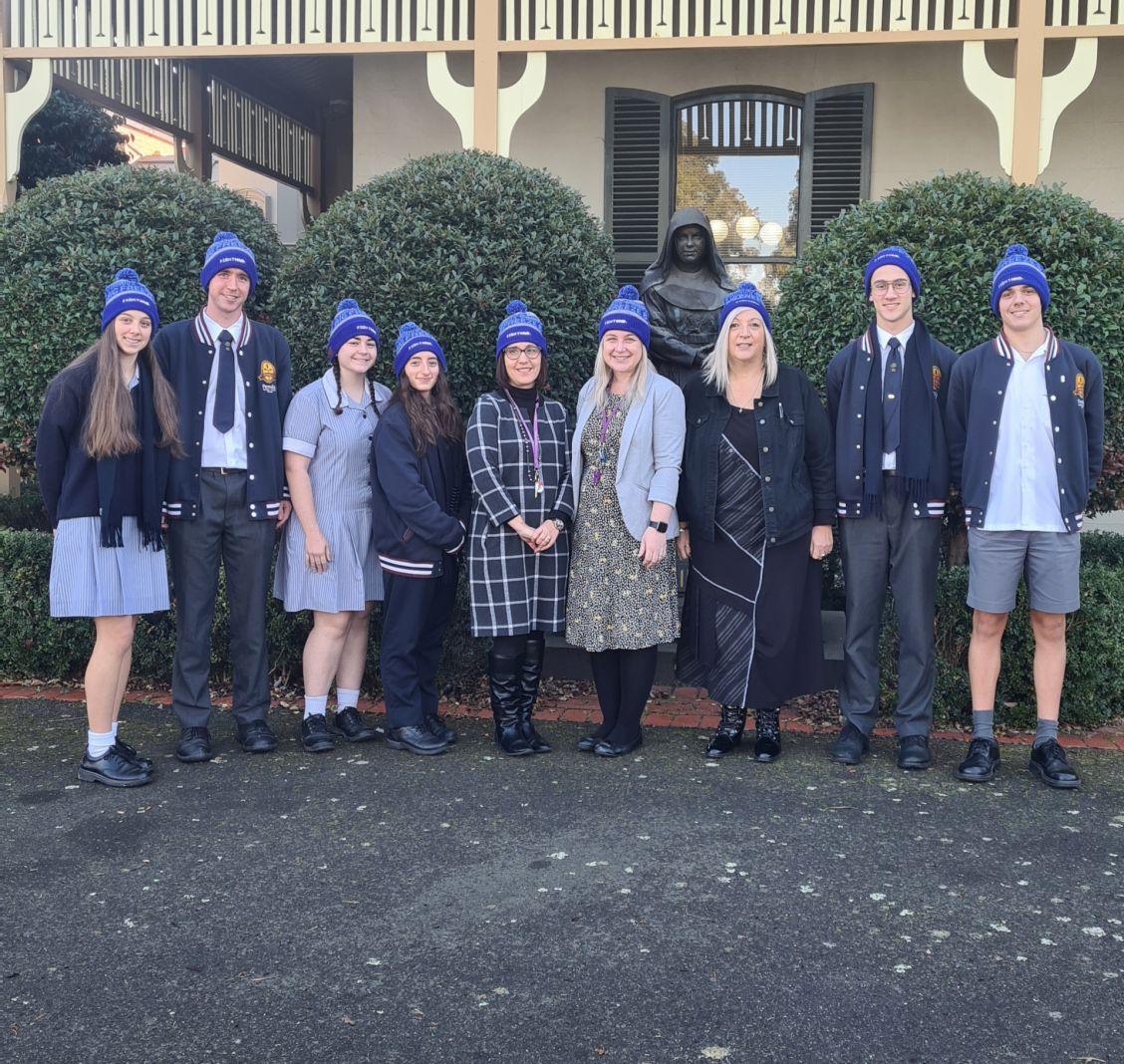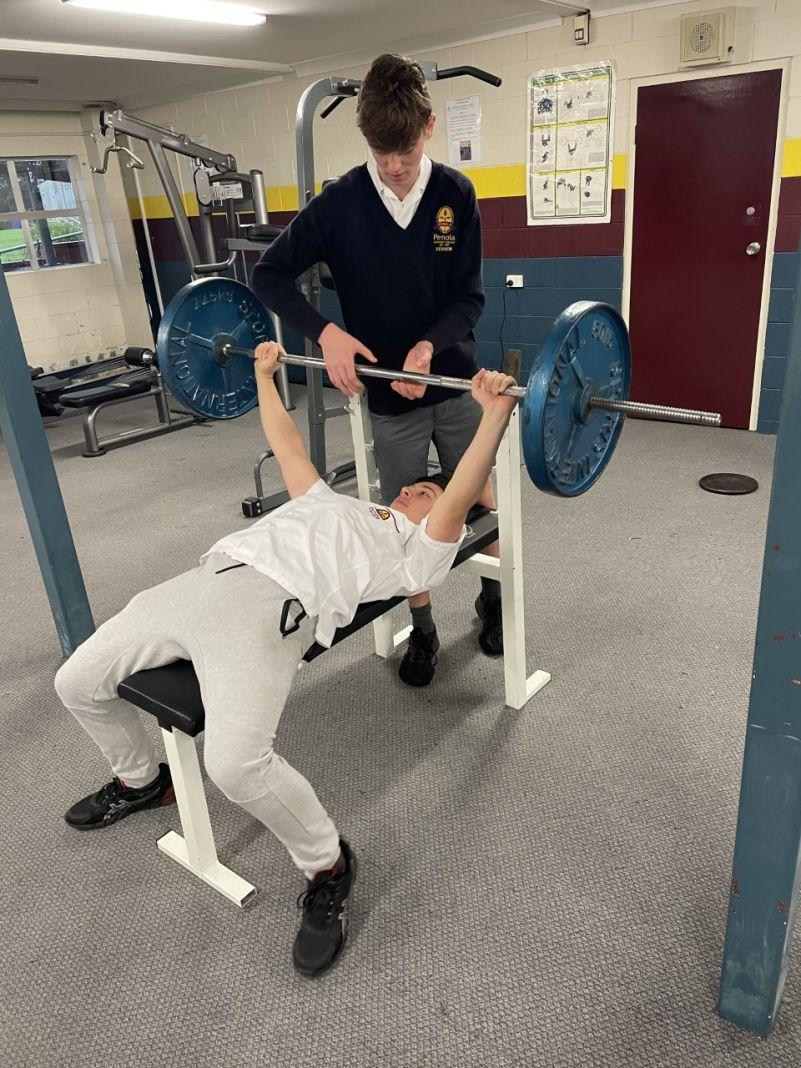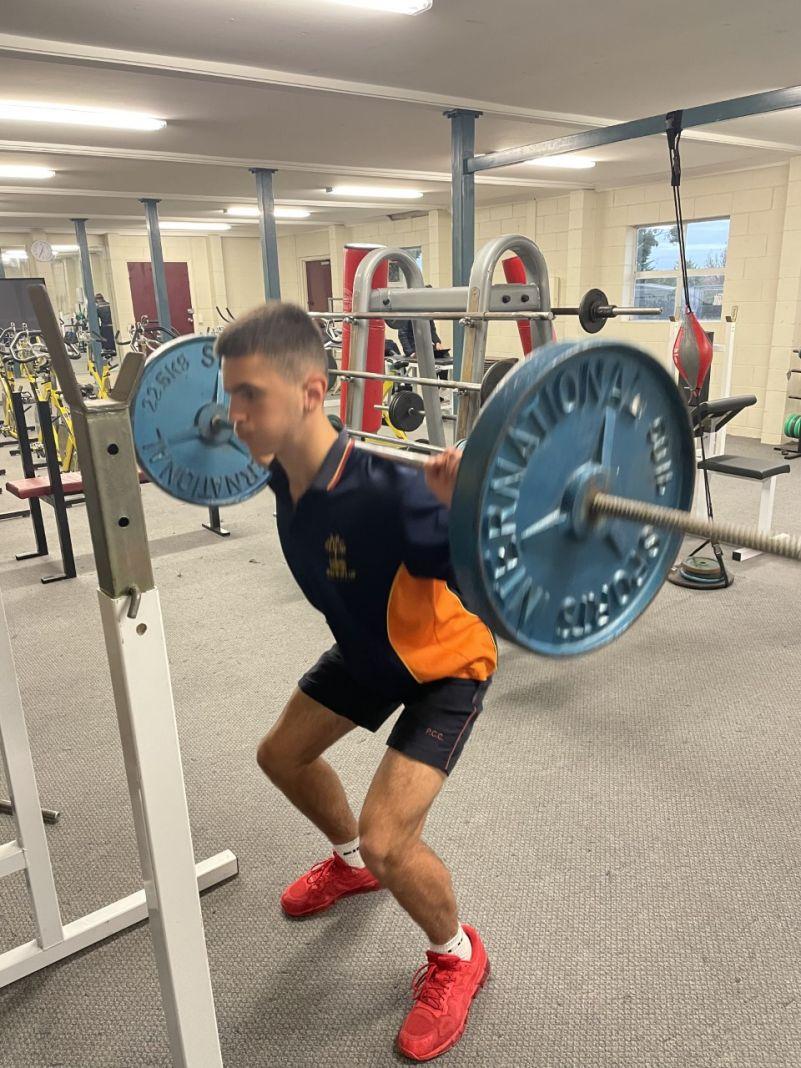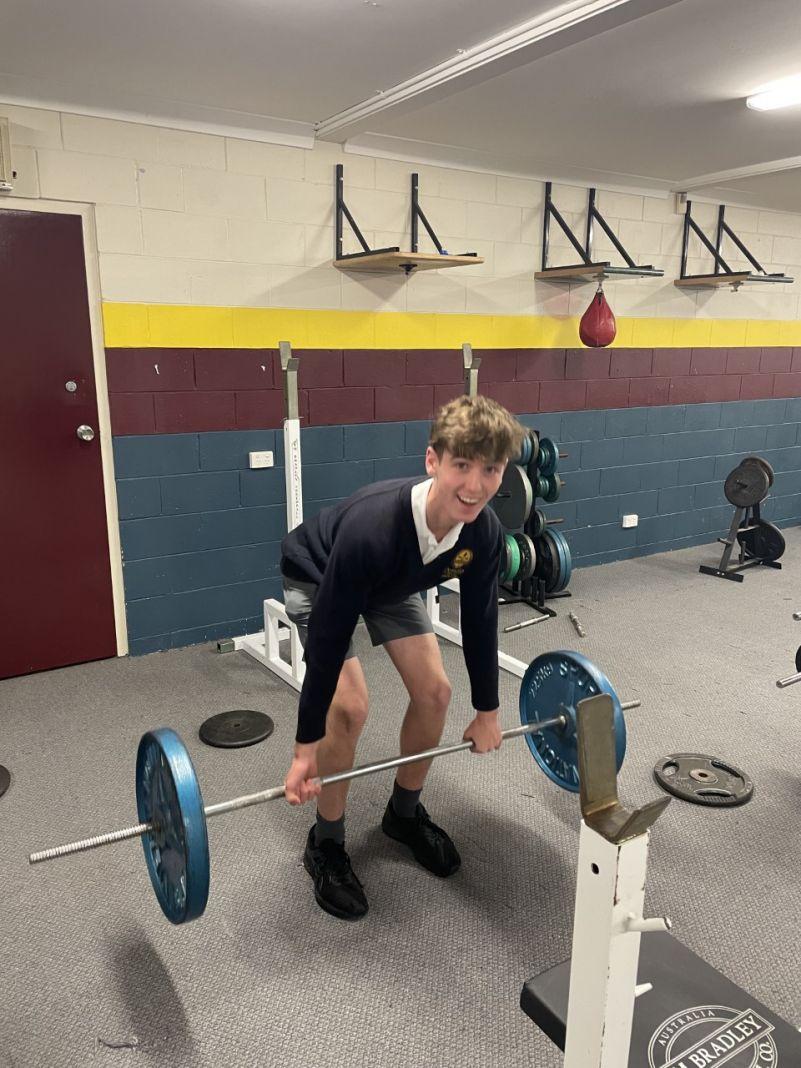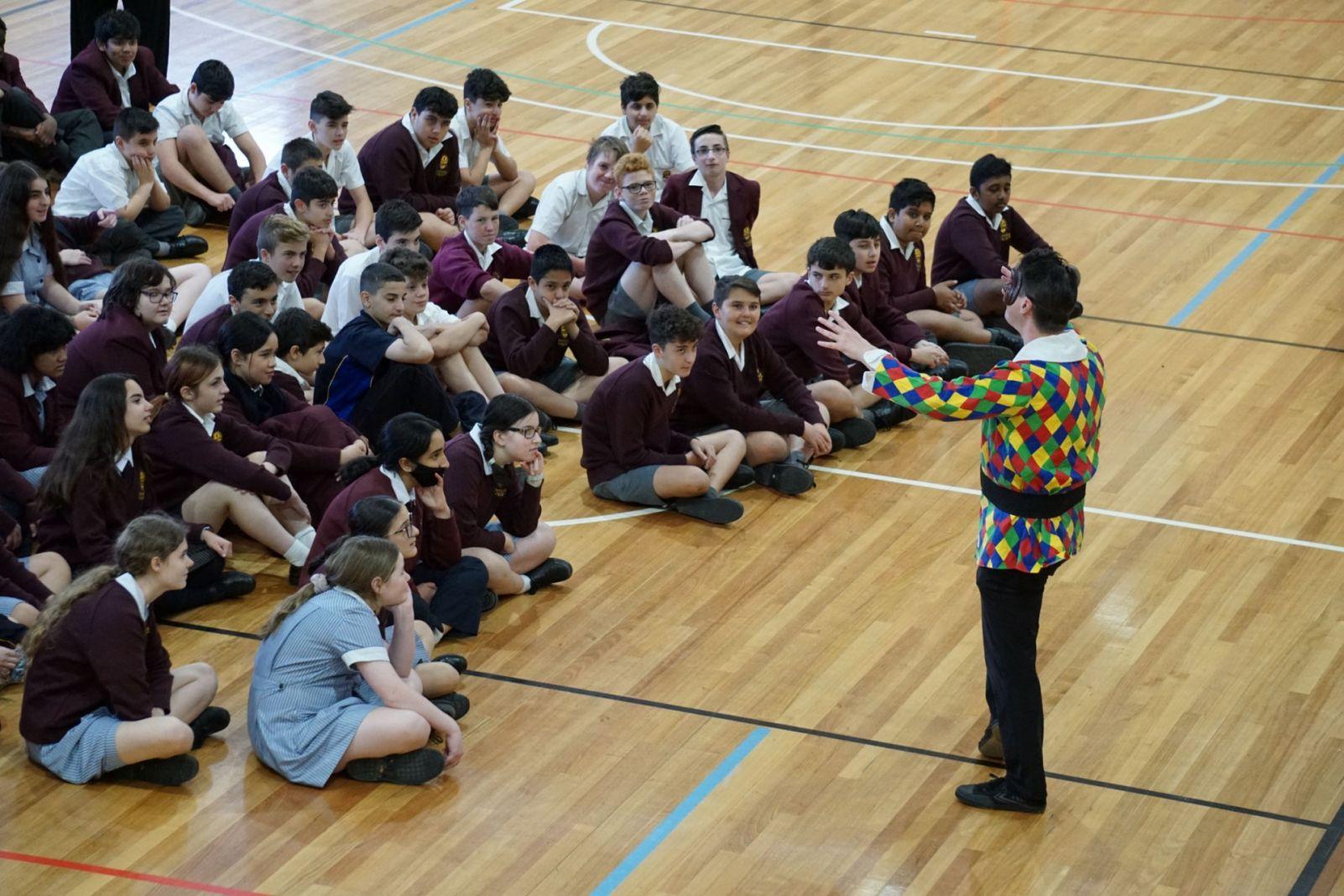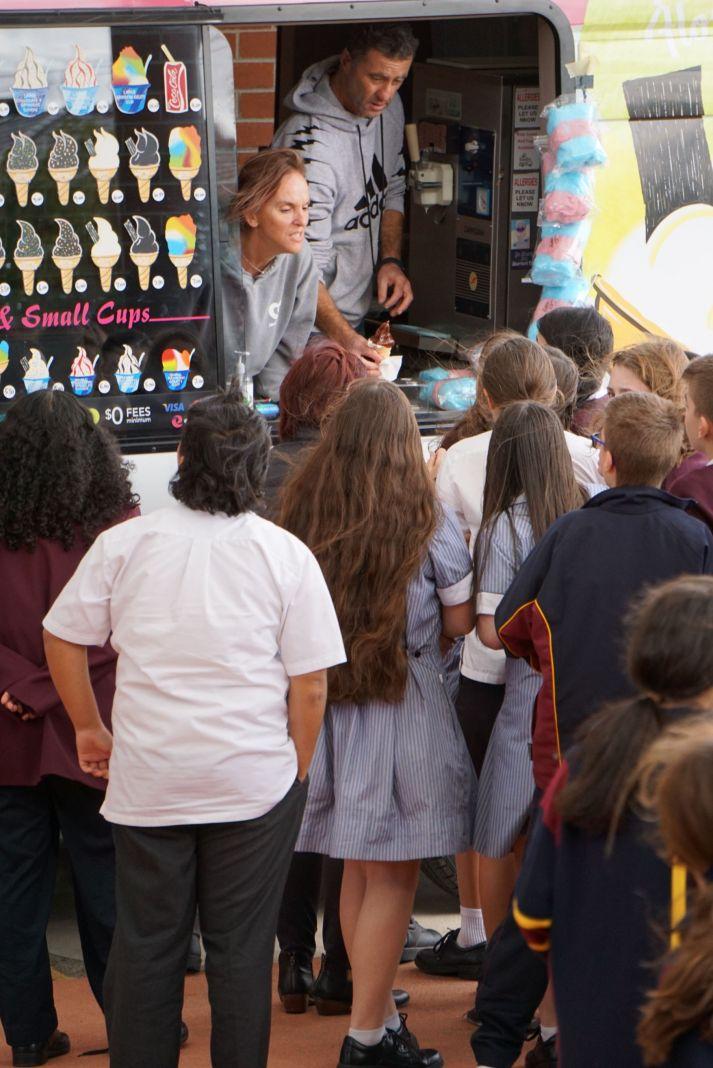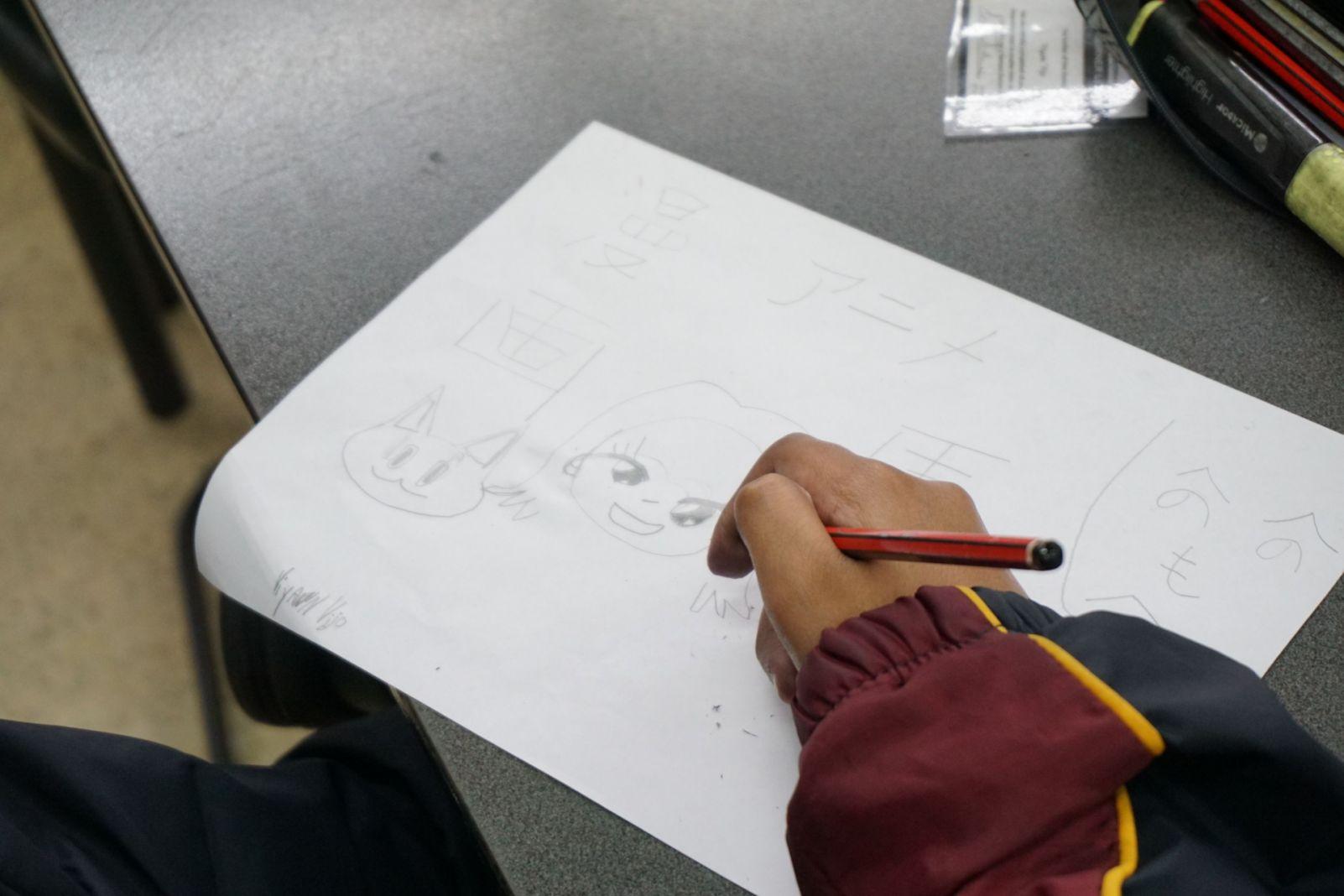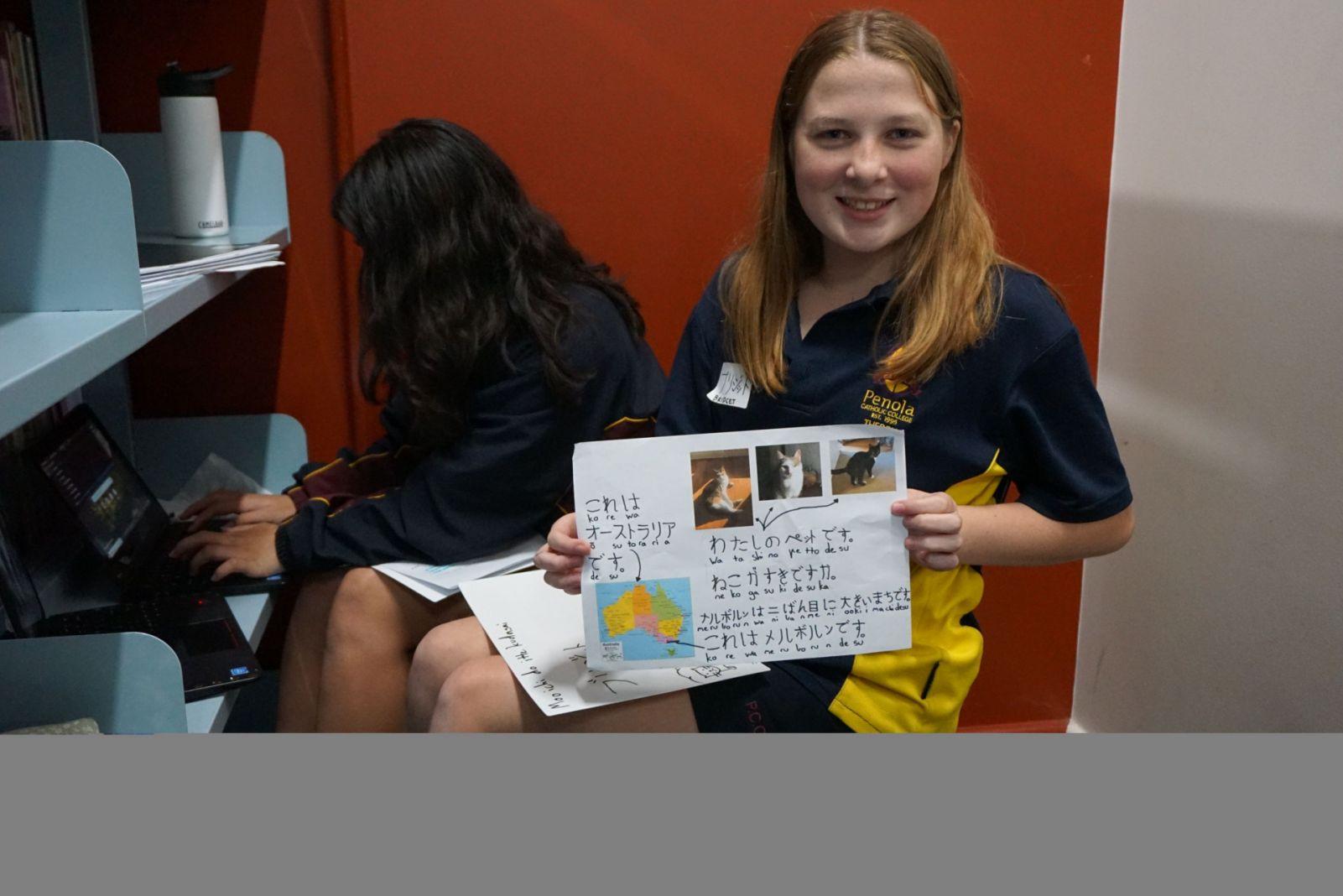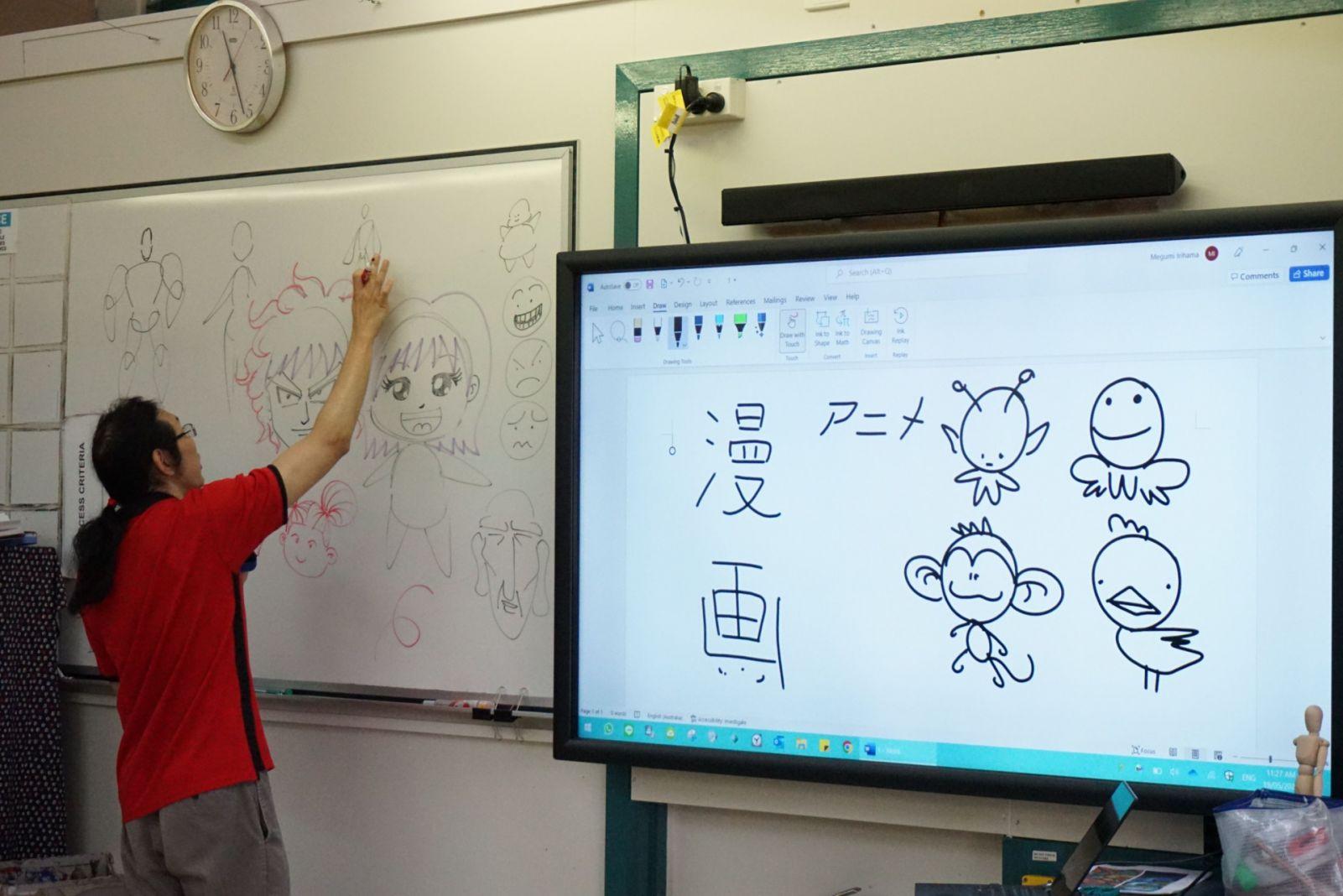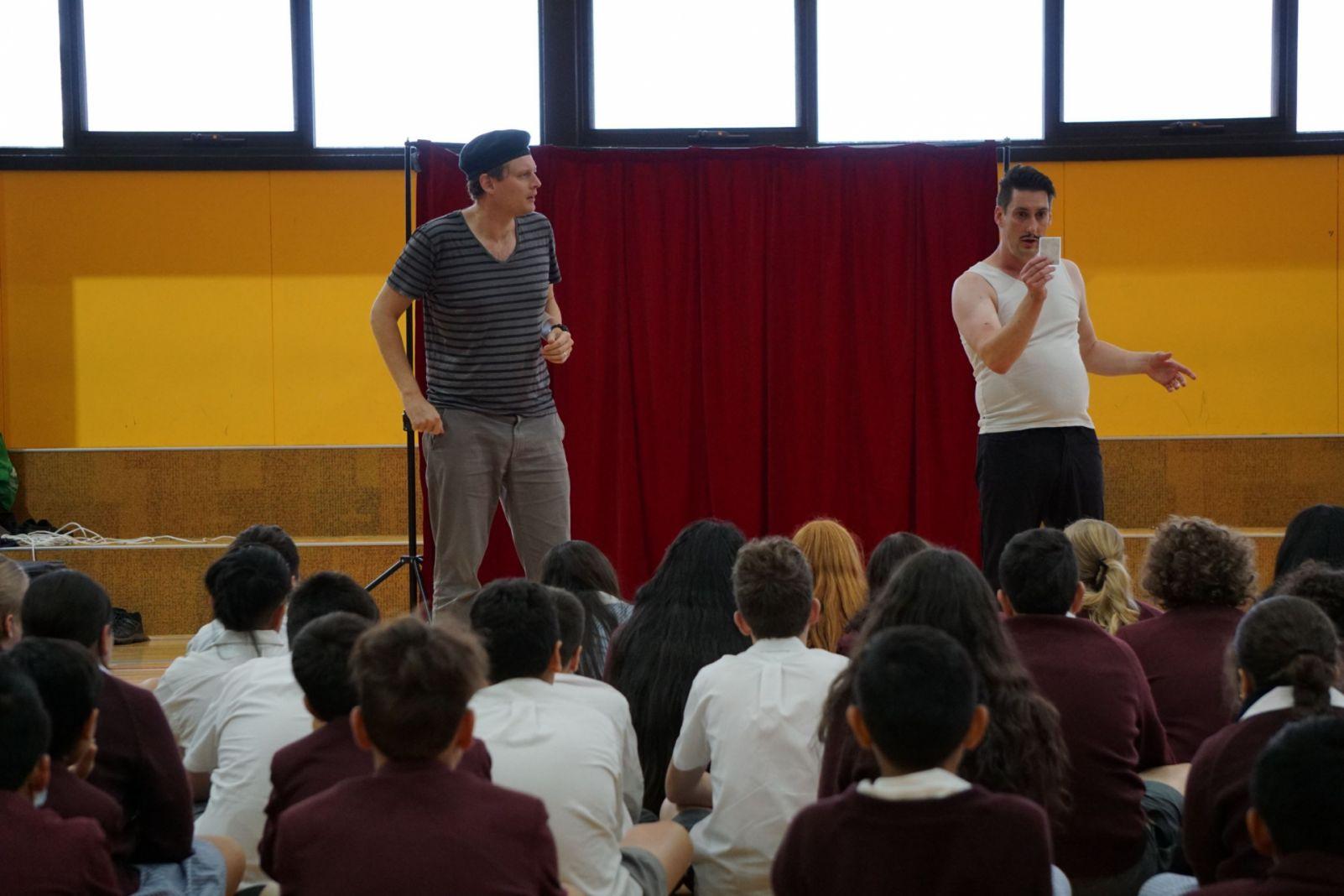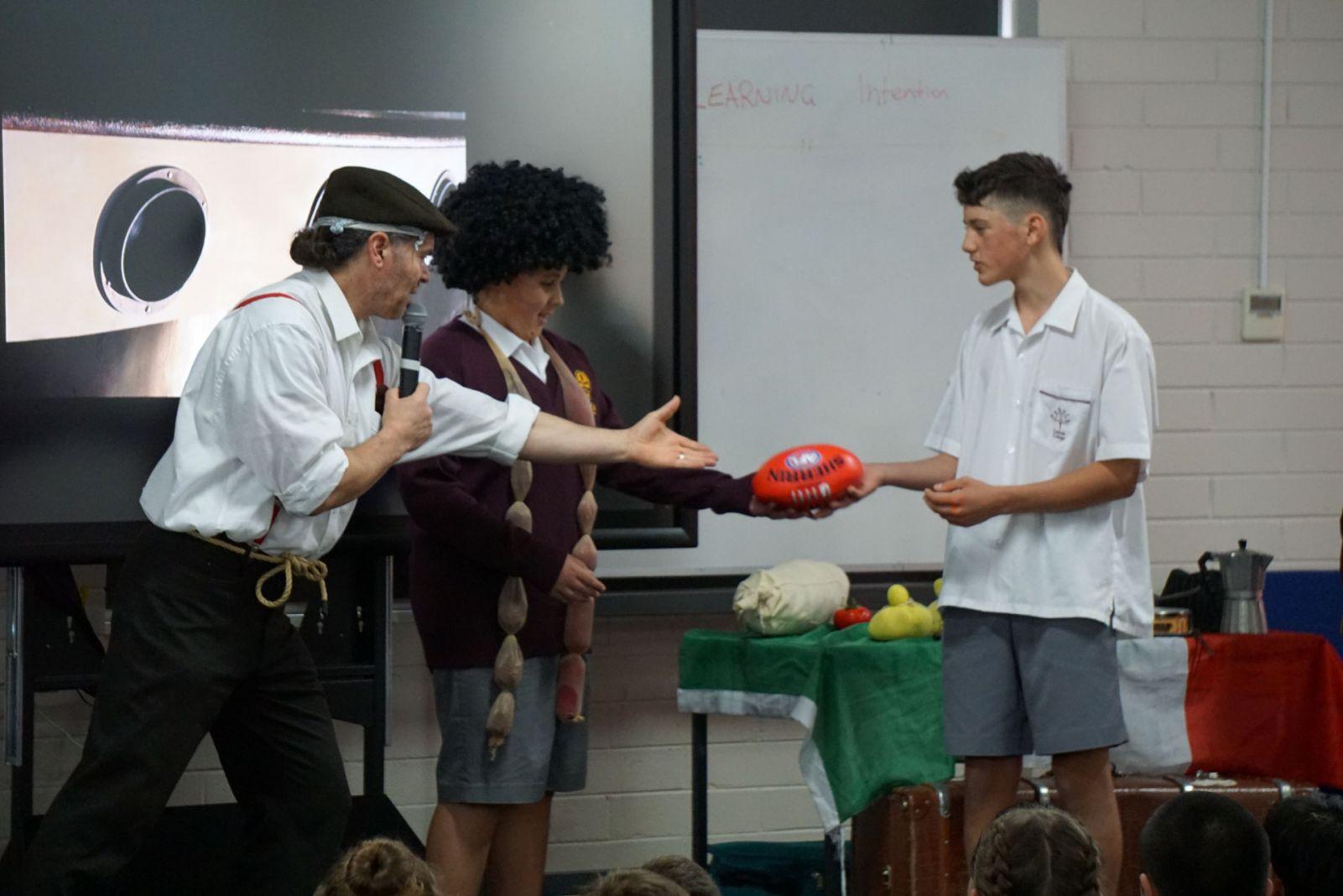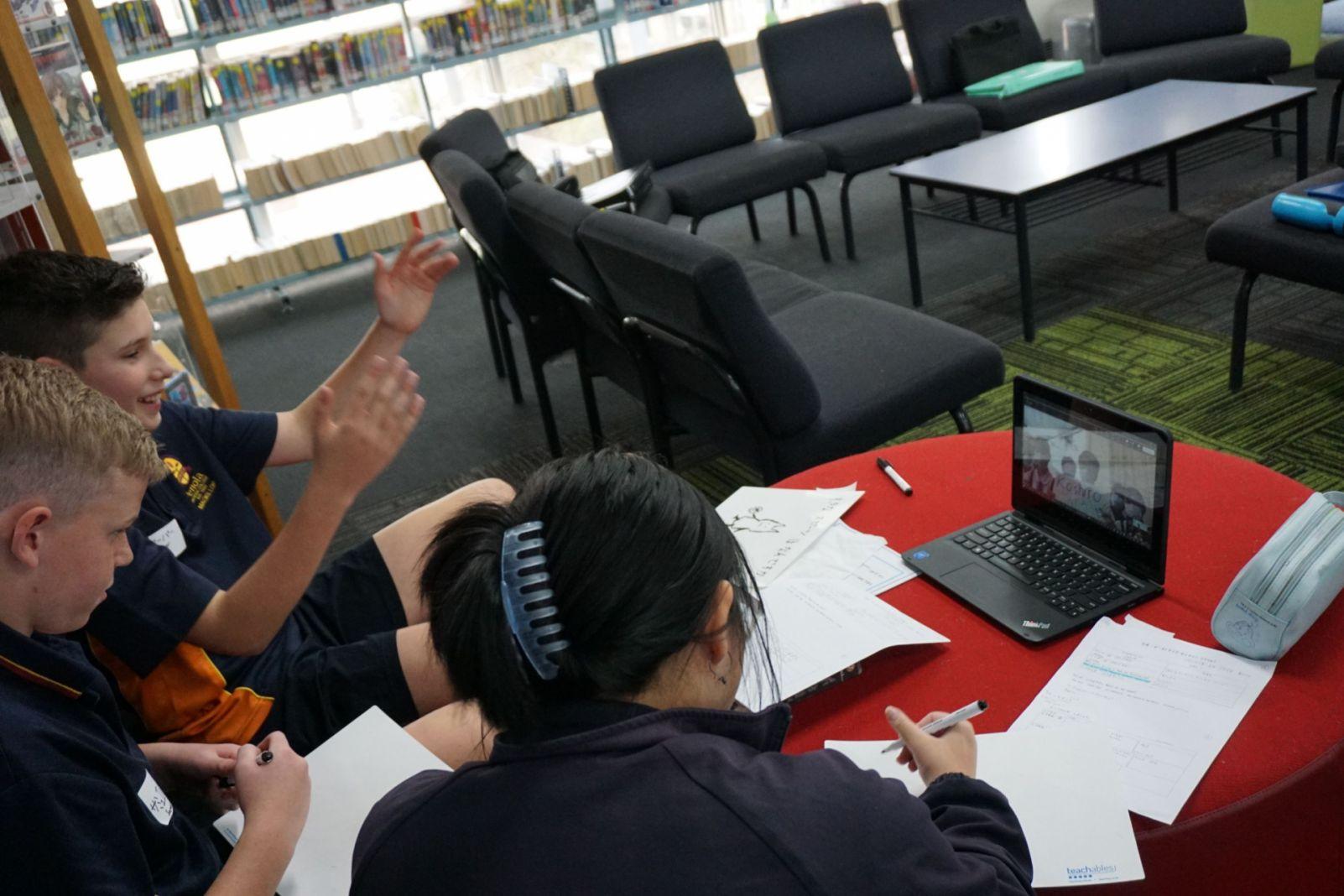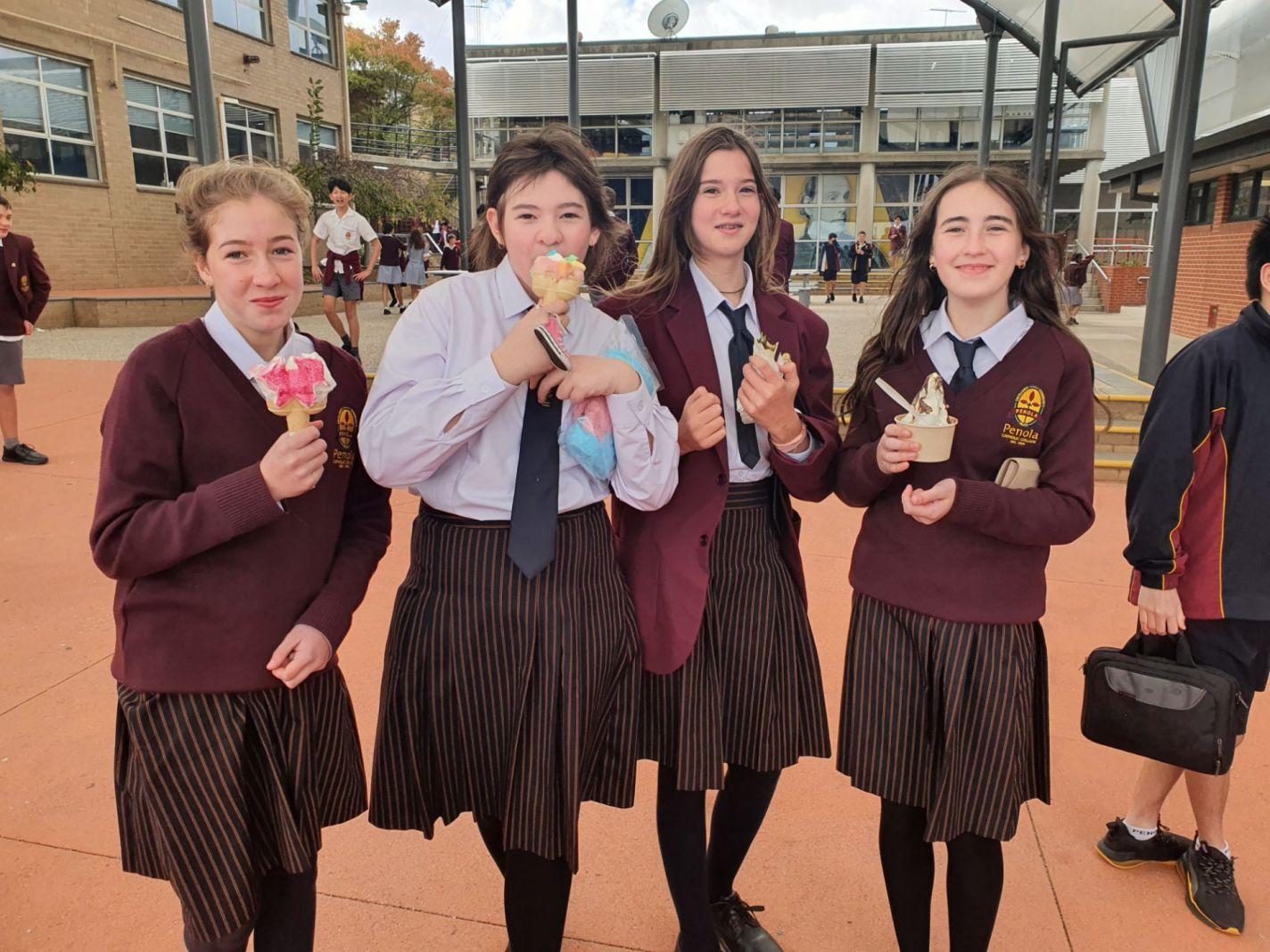Sending Students to School whilst sick
We are in the midst of an extended period where there has been a significant amount of illness within our community. Largely this has been influenza but there have also been a consistent number reporting COVID-19. As a working parent, I know that it can be difficult to arrange for your daughter or son to remain at home when they are sick. I also know that it is significantly easier to send your daughter or son to school whilst sick. I also acknowledge that many parents would never consider sending their child to school if they are sick.
In the interests of all within our community can I implore you to ensure that you don’t send your daughter of son to school whilst they are sick. Not only does this increase the chance of others getting sick but it is really unfair on your own child as the last thing that they want is to be at school whilst they are sick. Thanks, in anticipation for your support.
Ignore it and it will go away
Sounds like something your parents might have told you, in particular on the days you might have imagined a slight ache when you did not want to go to school. It is a phrase I thought of this week when I was reminded that it was over a decade on from the Victorian Government making it non-compulsory for its ministers to acknowledge the Indigenous owners of the land when giving public speeches. The rights and wrongs of the decision can be debated, in particular as it occurred in the lead-up to Reconciliation Week, but it caused me to reflect on my own upbringing in country Victoria and what was acknowledged then.
I went through 13 years of schooling never once being informed of the Indigenous people who had a history in the area for thousands of years before the squatters came down in the 1800’s. I had no idea of the names of the language groups, what they did, where they went and gathered, what they ate – nothing. I could reel off some of the deeds of Captain Cook and a bit about who the streets in our town were named after, but I had and was given no knowledge of the people in our area who were part of the world’s oldest living culture.
All I knew about the first Australians was what was presented in the news or on the odd documentary on TV – I couldn’t even tell you if an indigenous family lived in my town. Racist comments and jokes were the norm, and no one really batted an eyelid at them. The sites of Aboriginal massacres were close by, yet I remained oblivious. There was around 40,000 years of our country’s story that was ignored, deliberately or otherwise, and I reckon I was lesser because of it.
It is a bit different now. Before every major gathering at Penola Catholic College, we acknowledge the original owners of the land, the Wurundjeri people, and inform the community that they have a continual presence in the area that has lasted thousands of years. It is not a tokenistic action; it is a means for us to educate our students about what has gone before them and to pay our respects to all those who have been teachers in this area long before white settlement.
It begins the story we share with the students about our Aboriginal heritage, which is continued on in classes, in exchange programs with communities in northern Australia, and even through football, in particular the Dreamtime at the ‘G’. I guess we choose not to ignore our past, both the good and the bad, so that our future can be one of respect and togetherness. As we share the Eucharist to remember the teachings and values of Christ, we acknowledge our indigenous heritage, and use it to plan a way forward for all Australians.
National Reconciliation Week (next week)
National Reconciliation Week celebrates the rich culture and history of Indigenous Australians.
It is the perfect time for all Australians to think about how to help turn around the disadvantage experienced by many Aboriginal and Torres Strait Islander people. It is also a time where we can reflect about what we are doing to advance the process of reconciliation.
Reconciliation involves achieving an understanding of the facts of Indigenous Australia, including history and its continuing effects, the importance of culture, the contribution of Indigenous people to the Australia that we live in today, and the diverse situations of Indigenous people living in our communities. This understanding is fundamental for respectful engagements and mutual acceptance between people.
The week coincides with two important dates in Indigenous Australia’s recent history. May 27 marks the anniversary of the 1967 referendum in which more than 90 per cent of Australians voted to remove clauses from the Australian Constitution which discriminated against Indigenous Australians. It enabled Indigenous people to be included in the Census, and Federal Parliament the power to make laws in relation to Indigenous people.
June 3 marks the anniversary of the High Court’s judgment in the 1992 Mabo case. The decision recognised the Native Title rights of the Aboriginal and Torres Strait Islander peoples as the original inhabitants of the continent and overturned the myth of terra nullius – the belief that the continent was an empty, un-owned land before the arrival of Europeans in 1788.
Mid-year examinations
Students in Year 10 began exams last Friday and conclude their exams this Friday.
The following week is work experience for all of Year 10 students. Our Year 9 students are involved in City Experience this week and hopefully will take the opportunity to become involved in a range of different activities. Year 11 students commence exams on Thursday, 2 June and will complete their exams on Friday, 10 June. Year 11 English Oral presentations were conducted on Wednesday, 9 June. We wish them well for these important assessments.
School Advisory Council
The second meeting for the new School Advisory Council was conducted Tuesday night where the following positions were determined:
- Board Chairperson Mrs Alfina Astuto
- Deputy Board Chairperson Mrs Julie Lyons
I thank these people for taking on these important roles and for their support of me and the College. I would also like to thank our other School Advisory Council members for their ongoing contribution to our school: Fr Dishan Candappa, Ms Rose Crocitti, Mrs Jenny Vinten, Mrs Karen Harvey Collings, Mr Seyit Kaplan, Mrs Louise Pacor, Mr Stuart Harrison, Mr Angus Drenen and Mr Jordan Gioskos.
2023 Year 7 Enrolments
A reminder to all of our existing families that Year 7 enrolments for 2023 closed on Friday 20 August, 2021. A number of families applied after the close of enrolment last year and it makes it very difficult to accurately plan for the following year, so I ask that you submit your enrolment as soon as possible. Often families assume that we know that there is a younger sibling, but I would be very disappointed if one of our existing families missed out on an enrolment due to not submitting their enrolment in a timely manner. If there are any current families with children in Grade Six who are intending to enrol them at Penola in 2023, I would ask that you make contact with Mrs Anita Harding at the College as soon as possible.
Prayer for the Journey of Healing
Almighty and loving God, you who created ALL people in your image,
lead us to seek your compassion as we listen to the stories of our past.
You gave your only Son, Jesus, who died and rose again so that sins will be forgiven.
We place before you the pain and anguish of dispossession of land, language, lore, culture
and family kinship that Aboriginal and Torres Strait Islander peoples have experienced.
We live in faith that all people will rise from the depths of despair and hopelessness.
Aboriginal and Torres Strait Islander families have endured the pain and loss of loved ones,
through the separation of children from their families.
We are sorry and ask Your forgiveness.
Touch the hearts of the broken, homeless and inflicted and heal their spirits.
In your mercy and compassion walk with us as we continue our journey of healing to create a
future that is just and equitable.
Lord, you are our hope. Amen.
